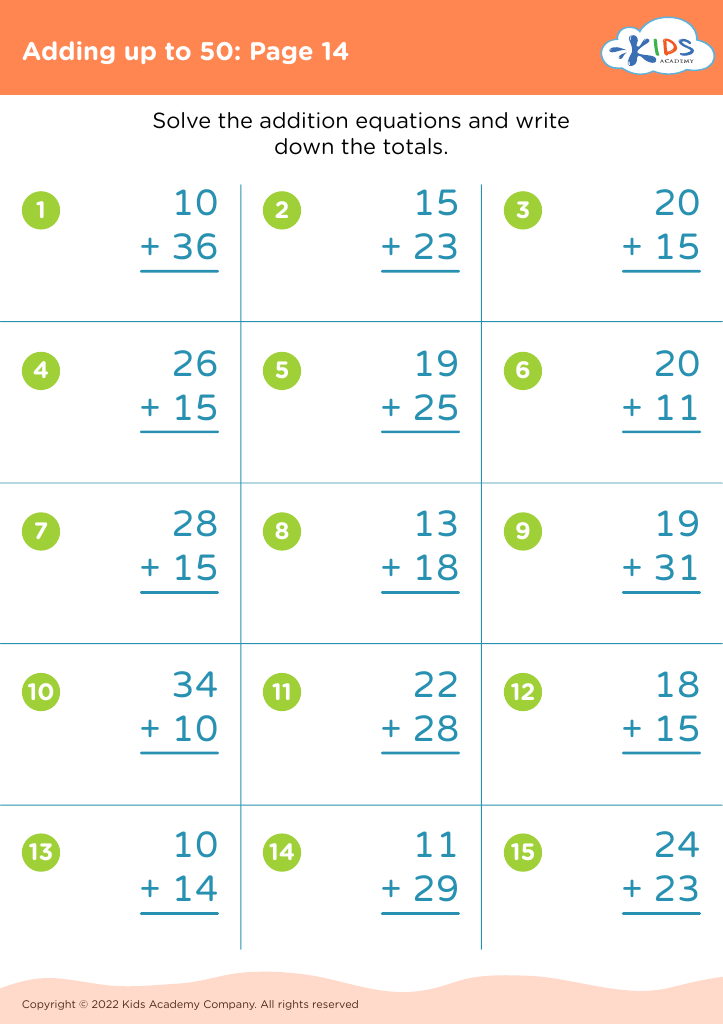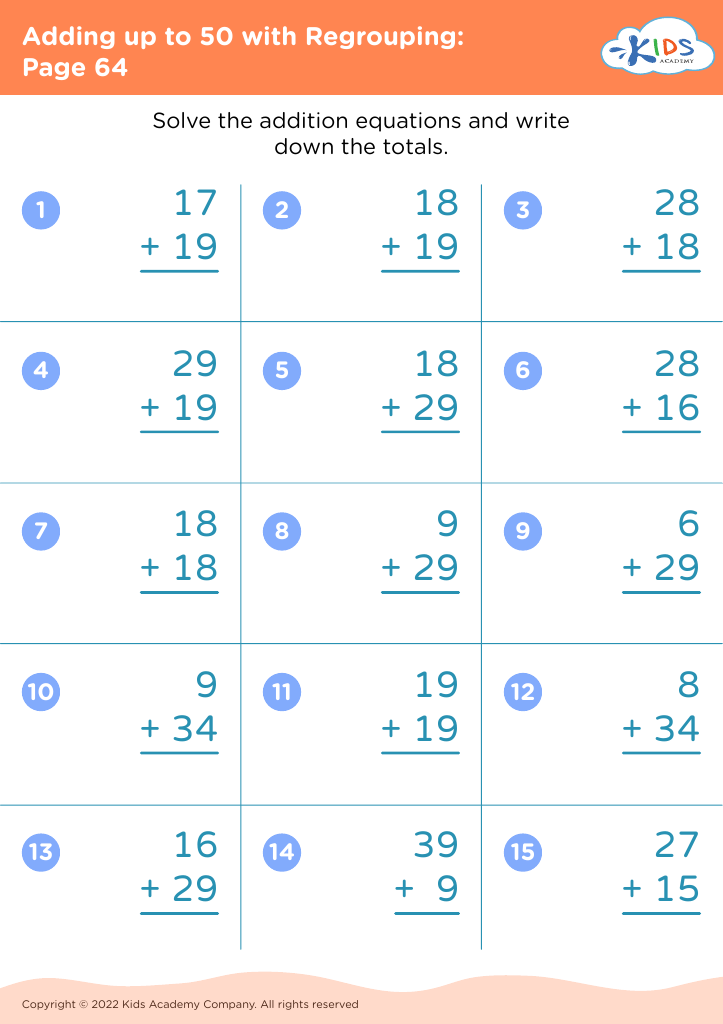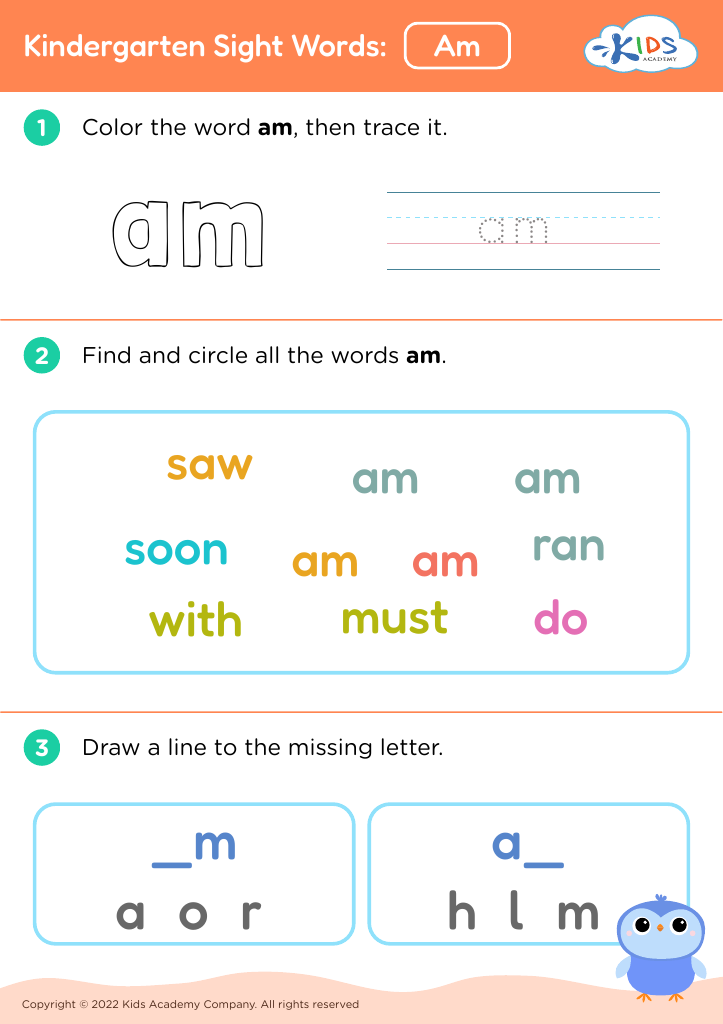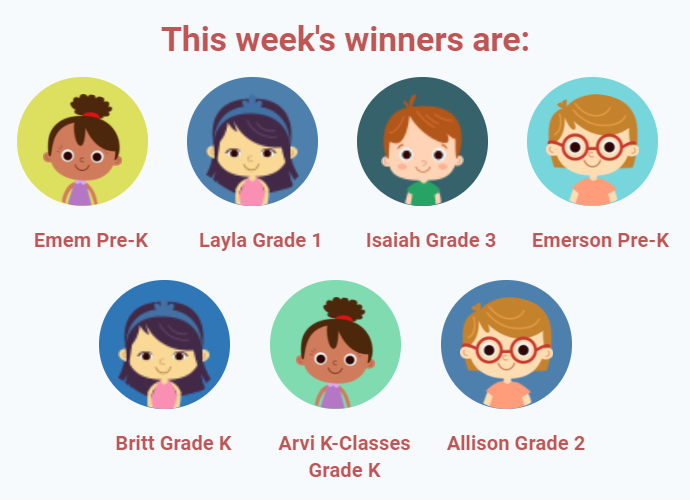Math skills improvement Worksheets for Ages 3-7
8 filtered results
-
From - To
Enhance your child's math skills with our engaging worksheets designed for ages 3-7! Featuring vibrant visuals and interactive exercises, these worksheets make learning fun while promoting essential math concepts. Each activity targets foundational skills, including counting, addition, subtraction, and number recognition. Perfect for preschoolers and early learners, our Math Skills Improvement Worksheets encourage independent practice and build confidence in young mathematicians. Whether at home or in the classroom, these resources support skill development in a playful and encouraging way. Explore our collection today and inspire a love for math in your child! Convenient, easy-to-use, and effective - learning made delightful!
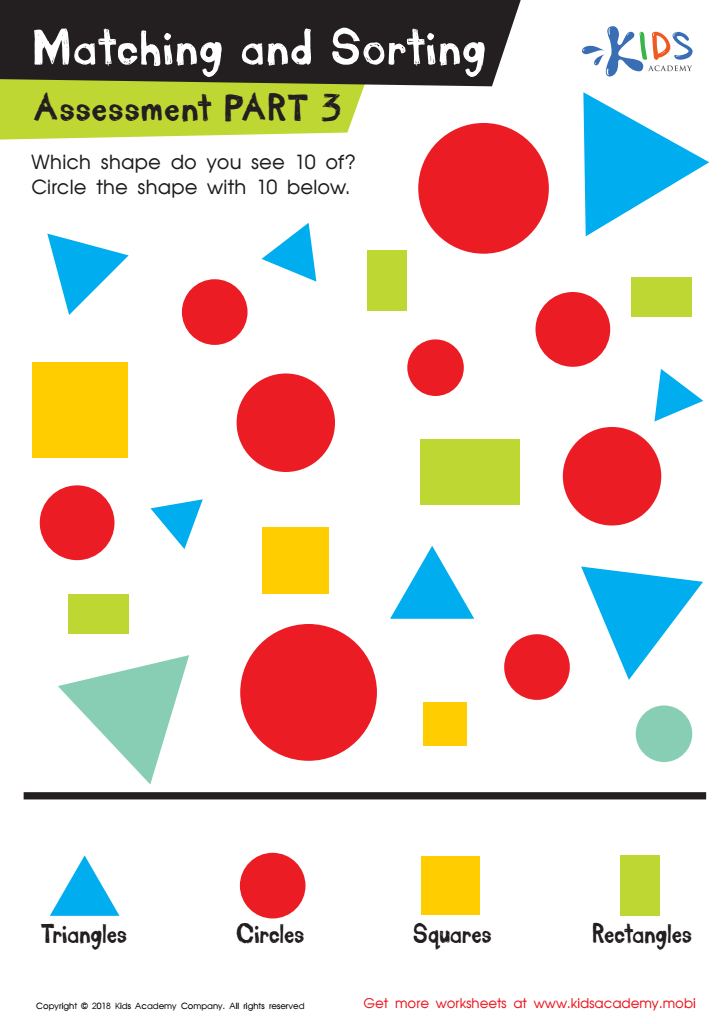

Matching and Sorting for Kindergarten: Assessment 3 Worksheet
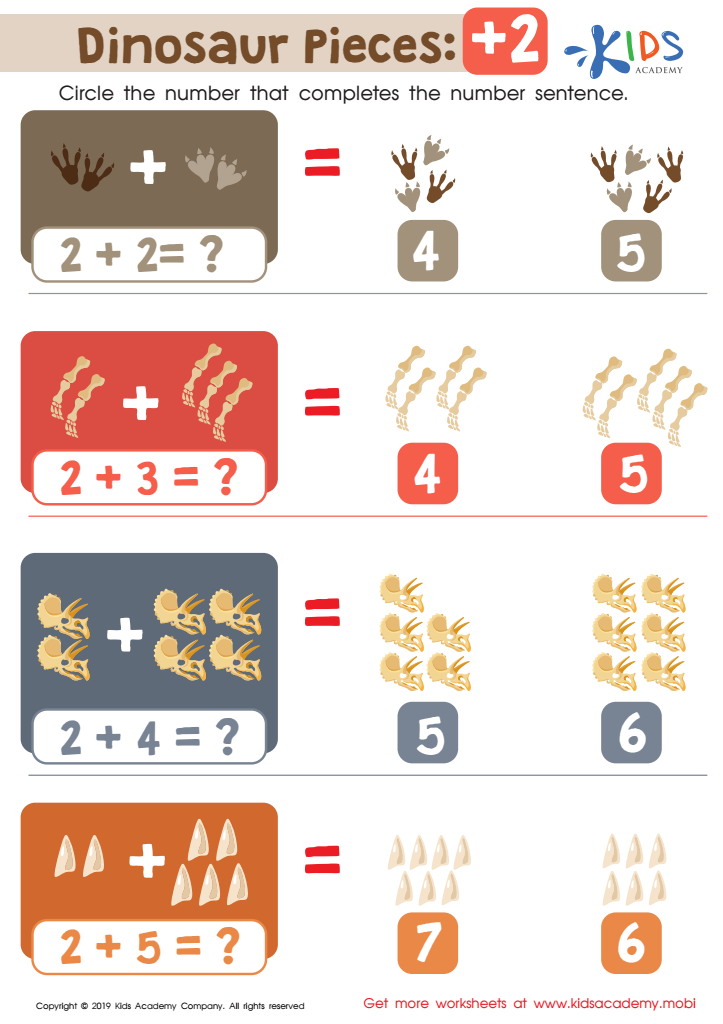

Dinosaur Pieces: +2 Worksheet
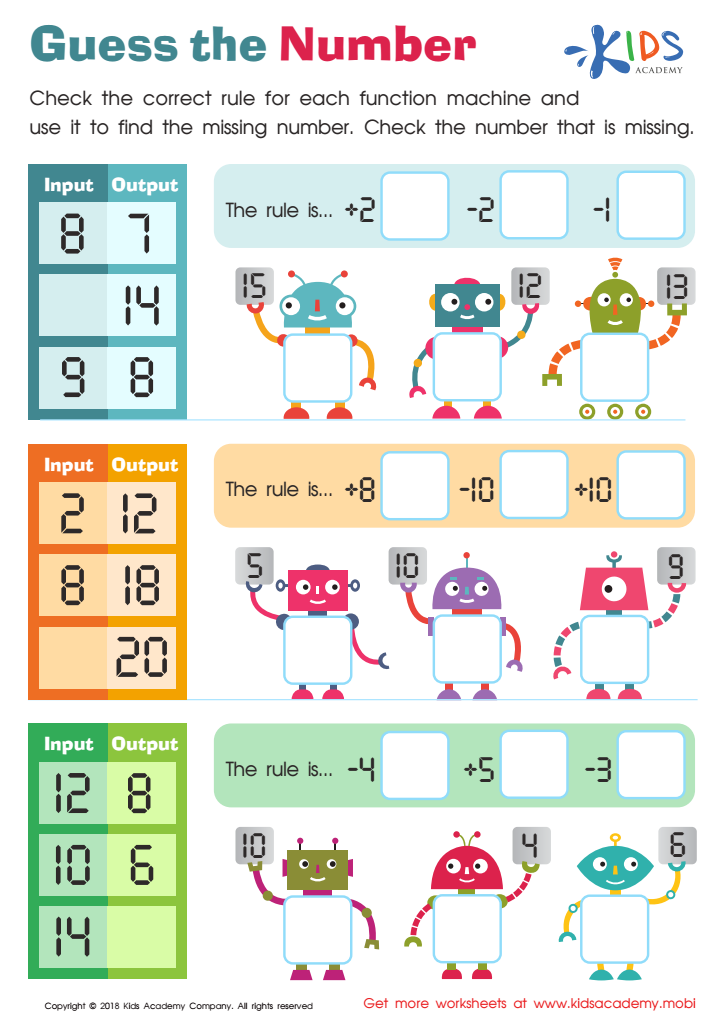

Guess the Number Worksheet
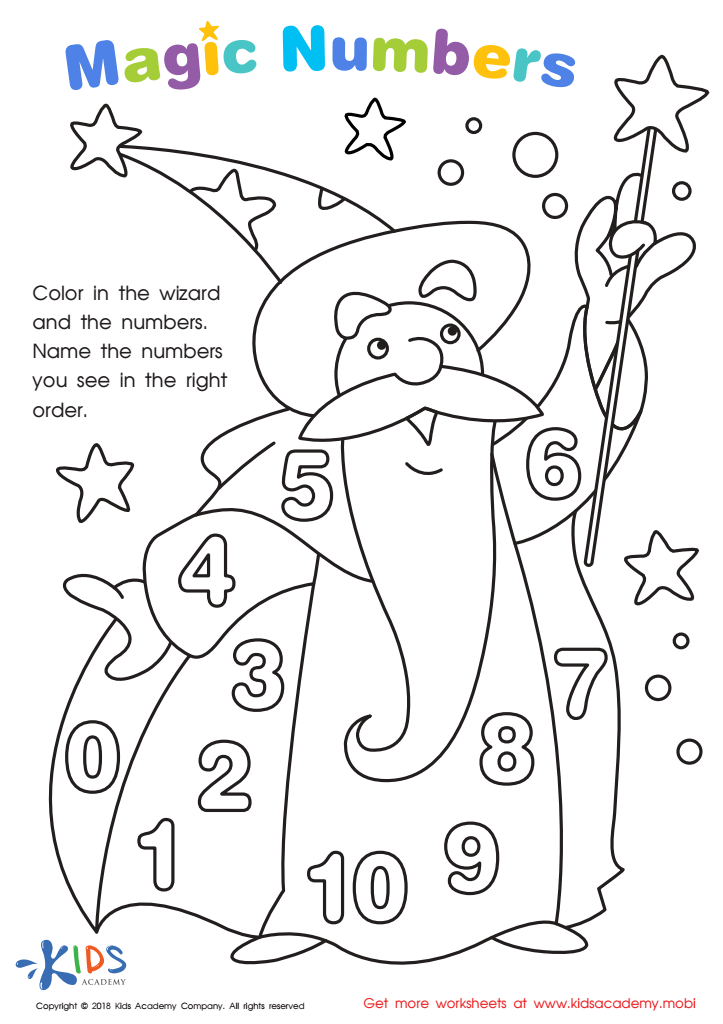

Magic Numbers Worksheet
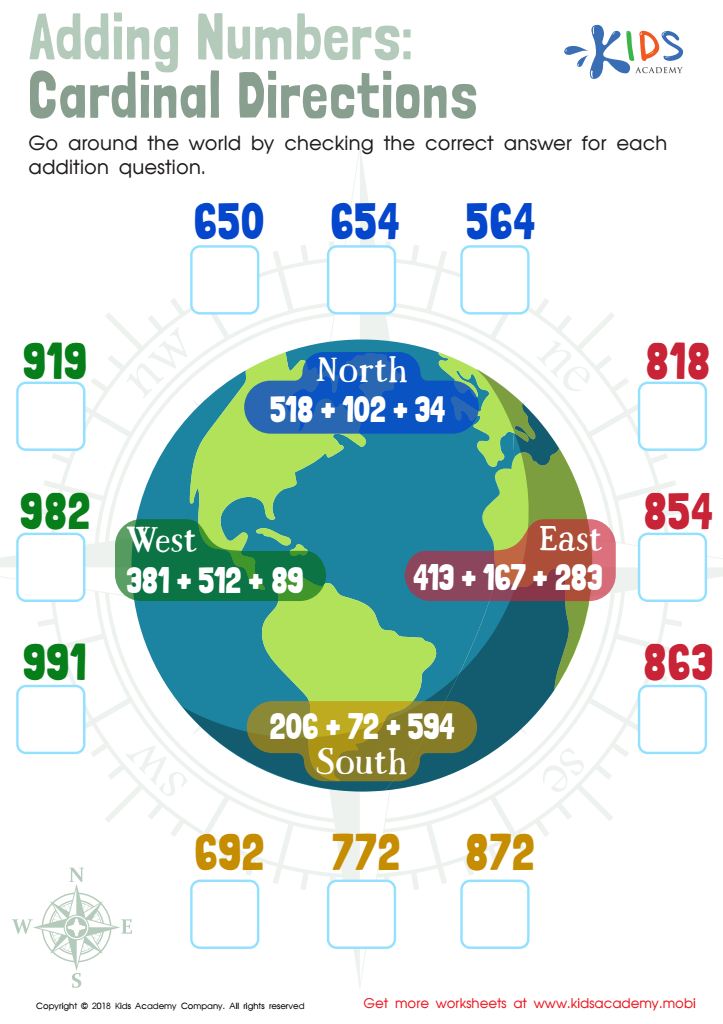

Adding Numbers: Cardinal Directions Worksheet
Parents and teachers should prioritize math skills improvement for children aged 3-7 for several compelling reasons. First, early math skills lay the foundational framework for future academic success. Research shows that strong early numeracy positively correlates with later proficiency in math, an essential subject throughout schooling and numerous careers.
Second, math encourages critical thinking and problem-solving abilities, vital in navigating daily life. At this age, children are naturally curious, and engaging them in mathematical concepts fosters their analytical and logical reasoning skills, enhancing cognitive development.
Moreover, building a strong mathematical foundation boosts a child's confidence and motivation. When children experience success in math, it empowers them and instills a positive attitude toward learning and challenges. This is particularly crucial during this developmental stage, as children's attitudes toward subjects can solidify lifelong perceptions.
Additionally, math isn’t just about numbers; it connects to various subjects, including science, art, and even social skills when engaging in group activities. By supporting math improvement, parents and teachers equip children with tools essential for holistic development, encouraging a well-rounded education and enhancing their ability to thrive in an increasingly complex world.
 Assign to My Students
Assign to My Students

